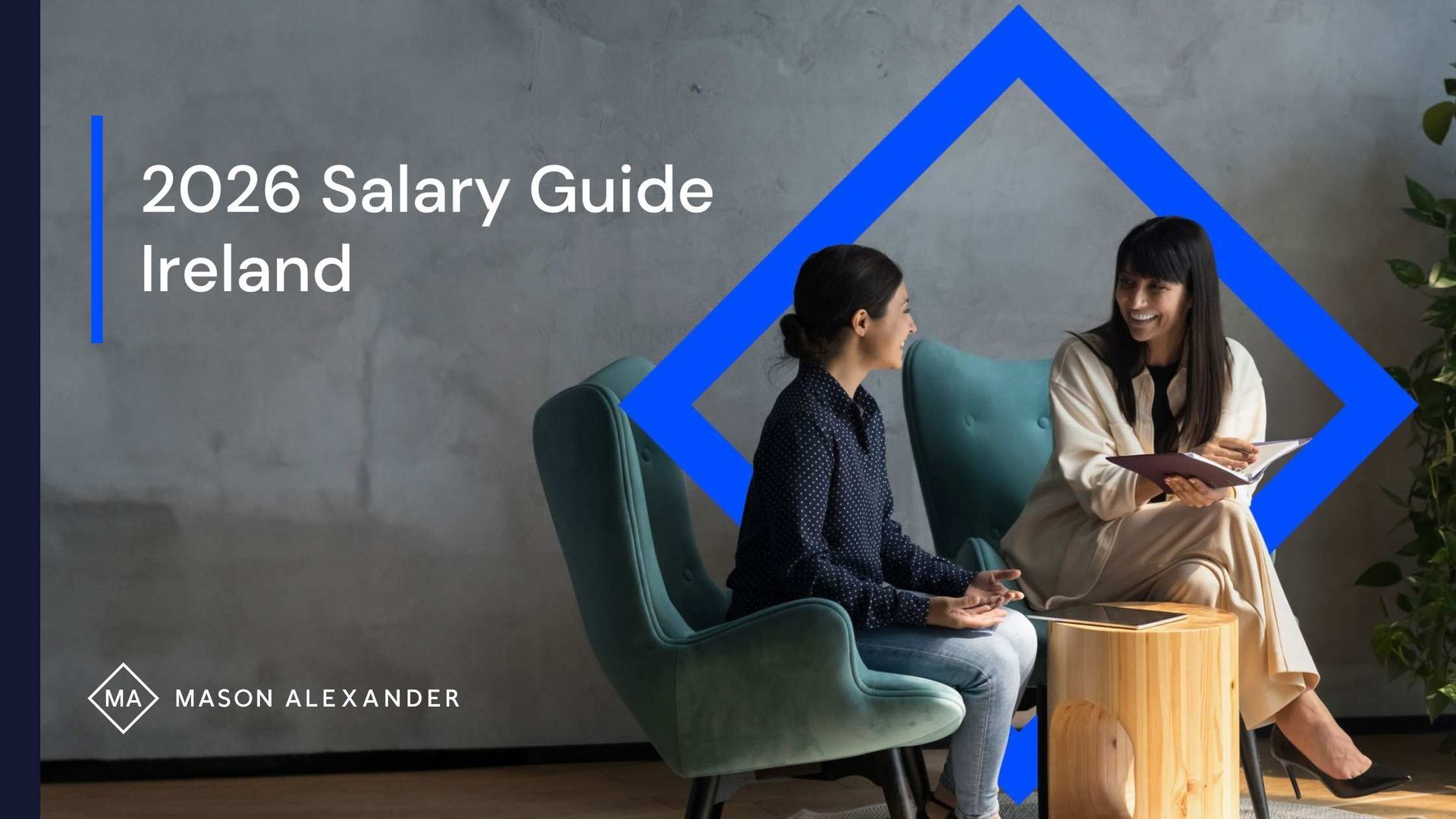How to Prepare for a Job Interview: Tips to Plan, Practise and Perform with Confidence
A complete guide to acing every stage of the interview process
Landing a job interview is an exciting milestone in any job search. But the real work begins once that invitation hits your inbox. Whether it’s your first interview or your fiftieth, being fully prepared can make the difference between “We’ll be in touch” and “When can you start?”
In today’s fast-moving and competitive market, hiring managers are looking for more than just a polished CV—they’re looking for professionalism, insight, and the ability to articulate your value. That’s where preparation comes in.
Here’s your complete guide to planning, preparing, and performing at your best—so you can walk into your next interview with clarity and confidence.
Step 1: Plan Your Interview Strategy
Understand the Format
Is the interview virtual, in-person, or over the phone? Will it be a one-on-one, a panel, or a case study format? Make sure you confirm the logistics with your recruiter or the company in advance.
Get the Details Right
Confirm:
- Date and time
- Location or video link
- Interviewer names and titles
- Estimated duration
- Dress code or company expectations
A clear understanding of what to expect helps you mentally prepare and avoid unnecessary stress.
Step 2: Prepare with Purpose
Research the Company Thoroughly
Your interviewer will expect you to have a solid understanding of the business. Go beyond the homepage:
- What are their values and culture?
- Who are their customers or end users?
- Have they announced any recent news, investments, or product launches?
- Who are their key competitors?
This research shows genuine interest and helps you tailor your answers to the organisation’s mission and goals.
➡️ Looking for more research tips? Read our blog: Don’t Let Lack of Preparation Hold You Back
Study the Job Description
Identify the key responsibilities and skills, and match them to your own experience. Think about examples you can share that demonstrate your impact and suitability for the role.
Know Your CV Inside Out
Expect your interviewer to ask about specific achievements, gaps, or transitions. Be prepared to:
- Talk through your career path in 90 seconds
- Explain results with numbers or examples
- Highlight challenges you’ve overcome
Step 3: Practise Common & Critical Interview Questions
Here are five categories of questions you should prepare for:
- “Tell me about yourself.”
Craft a 60–90 second personal pitch that summarises your experience, skills, and what you’re looking for. - Skills & Experience:
Prepare STAR-format examples (Situation, Task, Action, Result) to illustrate your achievements. - Core Competencies:
Think communication, leadership, organisation, or collaboration—tailor your examples to the job spec. - Motivations:
Why this company? Why now? Why this role? - Challenging Questions:
Prepare for curveballs: “What’s your greatest weakness?” or “Tell me about a time you failed.”
Step 4: Perform with Confidence
Nail the First Five Minutes
First impressions count—interviewers often form early opinions that influence the rest of the conversation.
- Be on time (or early)
- Greet with enthusiasm and professionalism
- Make eye contact (even virtually)
- Use the interviewer’s name
- Express gratitude for their time
Engage in a Genuine Conversation
Don’t treat the interview as a test—aim to build a two-way dialogue. Listen actively, ask questions, and show curiosity.
Ask Smart, Insightful Questions
This is your opportunity to stand out and assess the role for yourself. Consider asking:
- What are the company’s top priorities right now?
- What does success look like in this role after 6–12 months?
- Can you tell me more about the team and culture?
Step 5: After the Interview
Send a Follow-Up
Always thank the interviewer with a short, professional email. Mention something specific from the conversation and reaffirm your interest.
Debrief with Your Recruiter
If you’re working with a recruiter (like Mason Alexander!), give them feedback quickly. This helps shape the follow-up conversation with the employer and gives you insights for future interviews.
Interviewing Remotely? Extra Tips:
- Test your tech: camera, microphone, internet connection.
- Choose a clean, quiet, well-lit space.
- Keep your notes nearby—but don’t rely on reading them.
- Dress professionally (yes, even from home!).
Ready to Take the Next Step?
Interviewing is a skill—and like any skill, it improves with the right guidance and preparation. At Mason Alexander, we’re here to support you through every stage of your job search, from CV feedback to offer negotiation.
Whether you’re exploring opportunities in Technology, Life Sciences, Financial Services, or Legal, our recruitment experts are here to help you land the role that’s right for you.
👉 Get in touch today and let’s take the next step in your career, together.
New Paragraph



